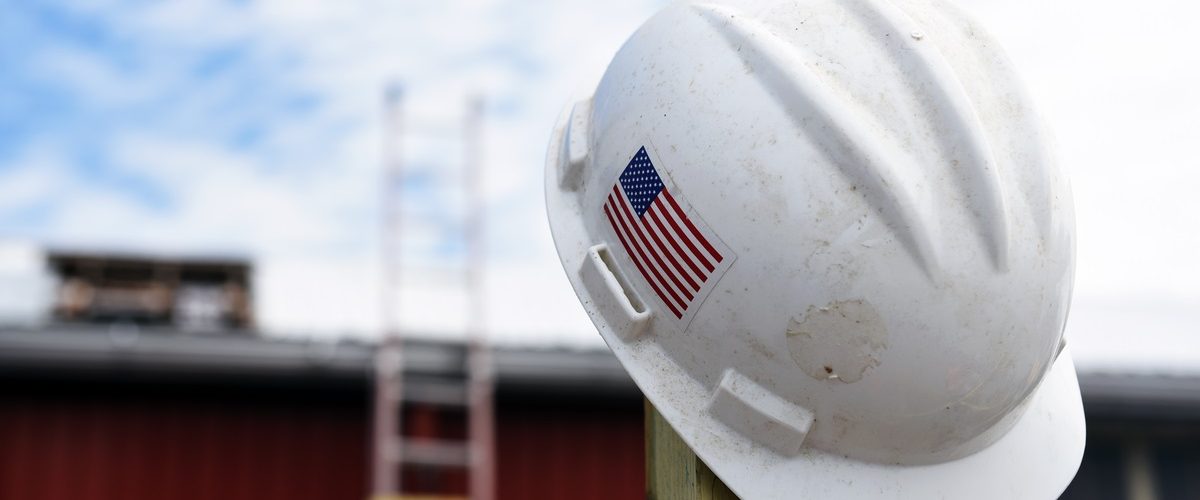A new study from Americans for Prosperity examines how federal permitting delays have restricted new projects in Arizona’s energy market. This is a problem, the report’s authors say, because delays put upward pressure on energy prices as demand continues to grow.
Energy costs are affected by several variables such as how the energy is created, how much of it a consumer requires, how the energy gets to a home or business, how many and what sort of regulations are in place, and the efficiency of the energy supply chain.
The proliferation of federal regulations and bureaucratic delays have not only contributed to a rise in energy prices by slowing down or preventing entirely the construction of new energy projects, but have also deterred investment in more efficient technologies, the study says.
The report outlines several projects currently unable to commence operations or move forward with development because of regulatory restrictions and delayed permitting. These include Resolution Copper outside Superior, Ariz., Parker Solar in La Paz County, Ten West Link Transmission Line crossing through La Paz and Maricopa Counties, West Camp Wind Farm in Pinal County, and SunZia Southwest Transmission Project, which spans Arizona and New Mexico.
“Arizonans have been suffering under some of the highest rates of inflation in the country,” AFP-AZ State Director Stephen Shadegg said. “But instead of taking this problem seriously, the Administration insists on pursuing its own agenda—one that directly hurts Arizonans. The recent designation of a new national monument at the Grand Canyon by the president last month is just one example. The designation prevents any future uranium prospecting in the area. This is happening all over Arizona—it’s weakening the energy grid, killing jobs, and driving up prices all at the same time.”
An easy solution to making electricity more affordable for Arizonans, say the report’s authors, would be for federal regulators to allow these projects to proceed. Part of the problem, according to the report, is the fact that more than 40% of the state’s land mass is federal land. As such, it is no surprise that most any energy-related project in Arizona requires some degree of federal approval.
Specifically, “protracted environmental reviews under the National Environmental Policy Act (NEPA)” present an obstacle to new energy projects’ construction. These reviews involve thousands of pages of paperwork, an Environmental Impact Statement, and years of waiting. Larger projects can face a litany of lawsuits from aggrieved parties claiming that the involved agency — typically, the Bureau of Land Management — did not do its due diligence throughout the review process.
This means that in addition to weathering years of waiting and sunk costs alongside reams of paperwork, companies interested in building energy projects and infrastructure must also prepare ample funds for legal battles. “These lawsuits can derail projects by voiding the agency’s permit or simply dragging out construction until the project encounters financial strain,” the study reads.
While formerly a concern primarily for Republicans, the onerous nature of the federal permitting process is beginning to garner recognition from a bipartisan coalition.
Earlier this year, Sen. Joe Manchin (D-WV) teamed up with 39 fellow Democrats and 7 Republicans in the Senate to put forward the “Building American Energy Security Act of 2023.” While the bill did not make its way to the floor, it aimed to shrink the timeline for NEPA reviews and reduce excessive litigation, among other measures.
As energy prices rise and demand for electricity increases, one avenue lawmakers might take to expand supply will be to reform the federal permitting process, enabling the construction of new energy projects and the modernization of existing components of the nation’s energy supply chain.















Add comment